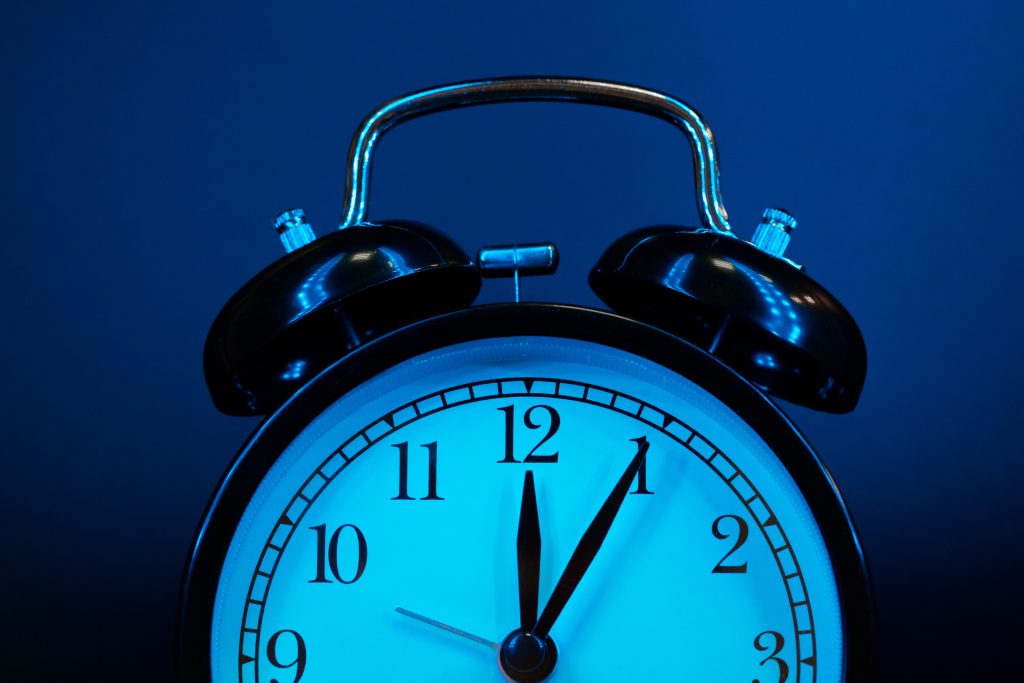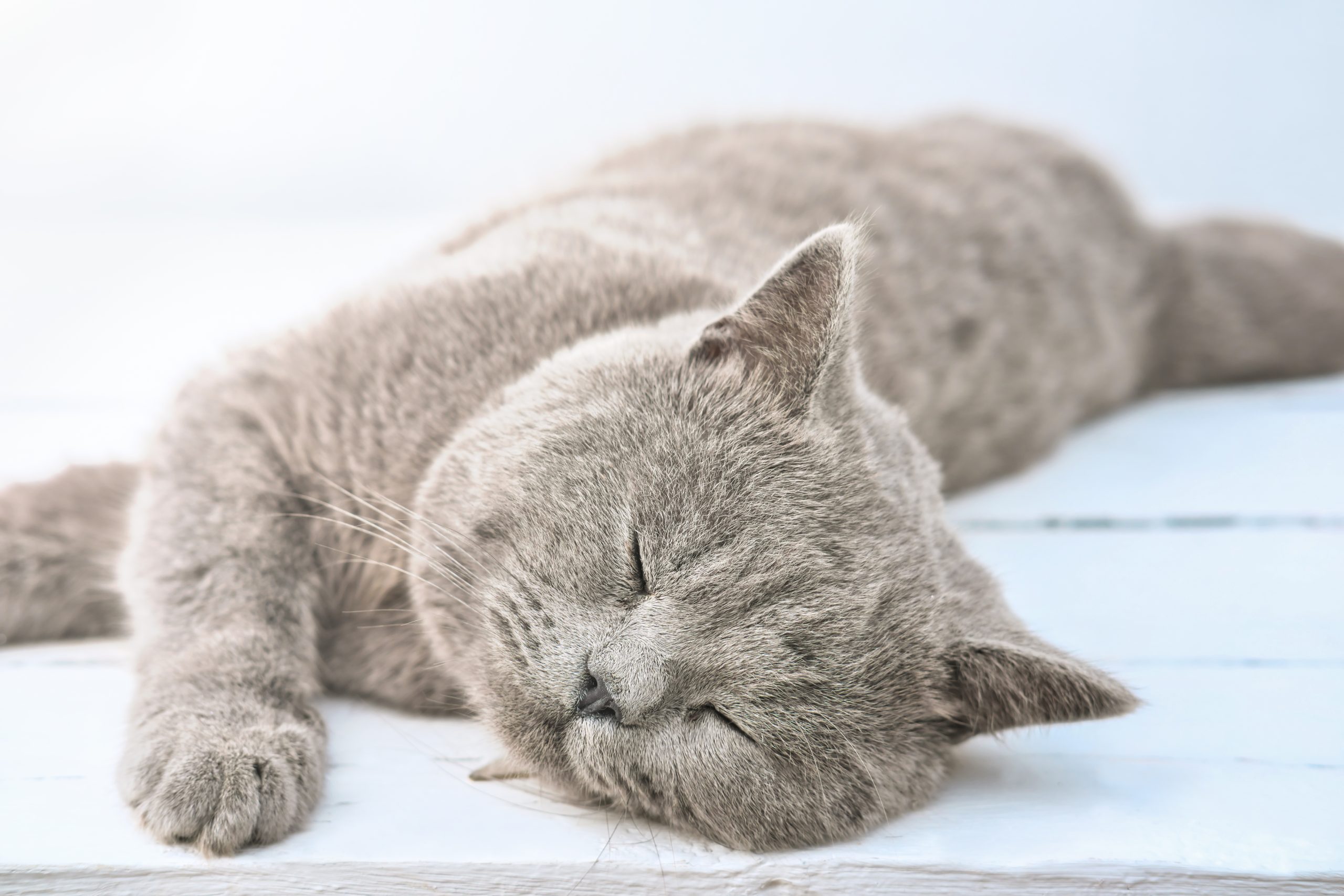Sleep is supposed to be nature’s ultimate reset button — a time when our bodies repair, our minds process, and our energy restores. Yet despite knowing how vital sleep is, more people than ever are struggling to get enough of it. The truth is, modern life is pulling us further and further away from the natural rhythms our bodies were designed to follow.
At its core, sleep is a biological necessity. During deep sleep, our brains clear out toxins, repair neural connections, and strengthen memory. Hormones are regulated, tissues are rebuilt, and our immune system gears up to protect us from future illness. Sleep isn’t just rest — it’s active maintenance, happening behind the scenes every night.
But the world we live in today often works against these natural cycles. One of the biggest culprits is light — especially the blue light emitted from smartphones, tablets, and computer screens. This kind of light tricks the brain into thinking it’s still daytime, suppressing melatonin, the hormone that tells our bodies it’s time to sleep. Instead of gradually winding down as the sun sets, many of us stay wired late into the night, scrolling, streaming, and working under artificial glow.
Beyond technology, the pace of modern life itself is exhausting. Endless work demands, social media stimulation, global connectivity, and the pressure to always be “on” create a mental environment that’s constantly overstimulated. Stress hormones like cortisol stay elevated longer, making it harder for our bodies to shift into the relaxed state needed for deep, restorative sleep.

Our lifestyles have also disconnected us from the natural cues that guide sleep. In pre-industrial times, people rose with the sun and slept shortly after sunset, closely following the Earth’s 24-hour light-dark cycle, known as the circadian rhythm. Today, artificial light, irregular schedules, jet lag, night shifts, and even indoor-only living environments blur these natural signals, leaving our internal clocks confused and out of sync.
Diet and exercise play roles too. Highly processed foods, heavy caffeine consumption, irregular meal times, and sedentary lifestyles all contribute to disrupted sleep. Even when we do manage to fall asleep, these habits can lower sleep quality, leaving us groggy and unrefreshed.
And yet, despite these challenges, the science is clear: prioritizing sleep improves nearly every part of life. Better sleep strengthens memory, boosts creativity, sharpens focus, enhances mood, and even supports healthier weight and longer lifespan. Simply put, getting enough good-quality sleep isn’t a luxury — it’s a foundation for physical and mental health.
The good news is that with small changes, we can rebuild a healthier relationship with sleep. Reducing screen time before bed, embracing natural light during the day, establishing regular sleep and wake times, creating calm nighttime routines, and designing sleep-friendly environments — dark, cool, and quiet — all help realign our modern habits with ancient biology.
In a world that often celebrates hustle over rest, choosing to protect your sleep is a quiet act of rebellion — and one of the smartest investments you can make in your well-being. Because no matter how advanced our technologies become, our need for sleep remains deeply, beautifully human.














